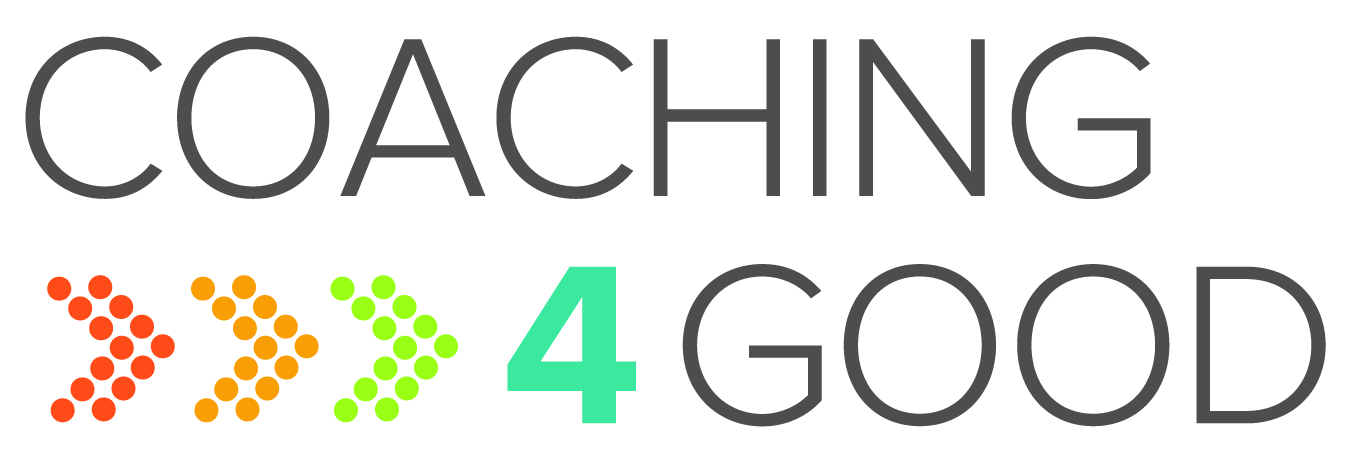
Bottom-line focus
A client of mine is a manager and has a brilliant analytical mind. She is very results-focused and can get to the bottom line of information quickly. This has been an asset for her in her career. Lately, though, she has been given some feedback that she is not a team player. She did not know where this was coming from. We discovered that as she was talking with her team members, she would often interrupt them. She was able to quickly assess the situation they were describing and get to the bottom of line of the problem they were describing. What she didn’t realize, by doing this, her team members felt like they were not being heard, that they were bothering her with this information, and that she was impatient and rude.
Fortunately, she was able to make significant positive changes with her team through small tweaks to the way she communicated with her team members when this was happening. She was still able to use her strengths to help the team and her organization without the liability of not being a team player.
Thinking fast
A client of mine can process information very quickly. This has helped her tremendously throughout her career. She has been able to switch careers to new fields and industries because of it. However, she doesn’t realize that this is a strength of hers. She thought everyone was able to process information at the speed she could or, if not that quickly, maybe just a bit more slowly. It just came so naturally to her that she overlooked it as a strength. The issue comes in when my client is explaining information to others. They ask her to slow down and repeat herself. She can become highly irritated by these requests. Her tone changes. She typically doesn’t slow down and instead explains it a second time just as quickly. The situation continues on with everyone’s impatience level growing.
Now that she recognizes this as a strength of hers and that others’ process information in different ways, my client is able to see the situation from the other employees. She now tries to take a conscious breath before explaining new information. This breath both reminds her of her tendency to go to fast, and allows her to slow down.
Seeing potential
A client of mine is a wonderful manager. His team loves him. He sees the best in others. He looks for potential in all of his team members and helps them grow and develop in their careers. His team has never felt more supported in their development. However, as he was being put into the hiring manager role for his team, he was making some mis-steps. He brought on some new team members who did not succeed and ultimately left the company after a few months (either by their own choice or his manager’s decision). He could not understand what was wrong. As we looked into his hiring practice, we recognized that when he was hiring new individuals he looked for their potential and what they could be. In doing this, he was also discounting many of the red flags these candidates presented in interviews.
It was in his personality to see the best in people. Changing that was going to be difficult. Instead he worked with his manager to implement team interviews for new hires. Now he has others interview candidates as well. He is able to combine their feedback and what they saw in the candidates before making the final decision. This change has really helped the retention and fit of new hires on his team.
Issues in the workplace are very common and, a lot of times, the solution is just a matter of seeing the situation through other peoples’ eyes. Some issues arise because of the abilities and talents you have. It’s important to see how those talents can impact your communication and your business decisions. You probably won’t be able to do this alone so seek the help of co-workers, the people who report to you and those from other teams who work with you often.
Amy Wolfgang
Amy Wolfgang is a career coach who founded Wolfgang Career Coaching and co-founded Coaching 4 Good. She brings over 15 years of corporate and coaching experience to help organizations boost employee engagement while simultaneously helping her clients excel in their careers. She is a certified PCM (Professional Career Manager) and has a Master’s degree in Educational Psychology from The University of Texas at Austin.








Stay In Touch